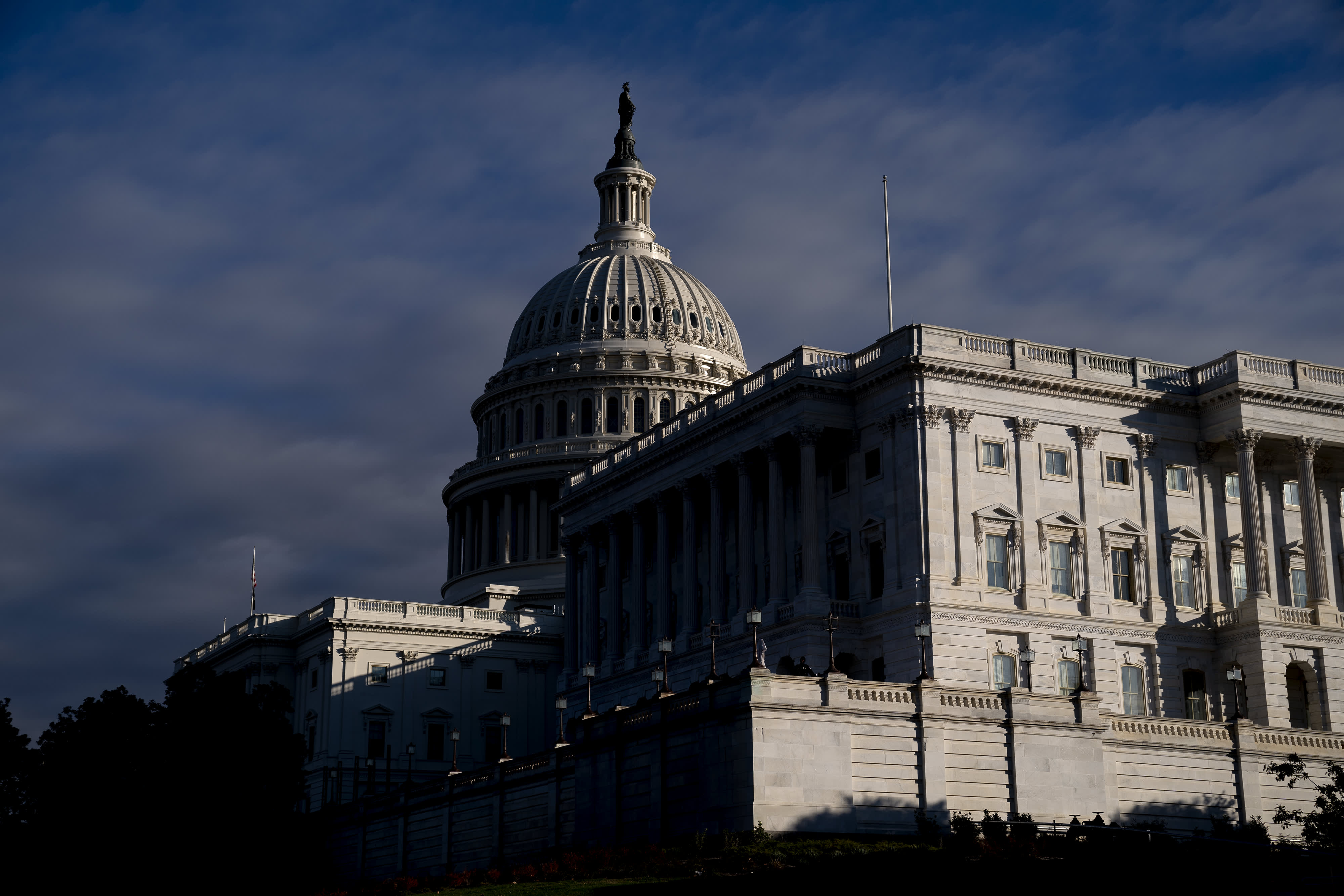The House moved toward a vote on President Joe Biden‘s social safety net and climate plan Thursday night after a key analysis said it would add to budget deficits over a decade.
Following the release of the Congressional Budget Office estimate, House Democrats teed up a final vote on the legislation as soon as Thursday night. A handful of centrist House Democrats wanted to see the nonpartisan CBO’s projection of how the Build Back Better Act would affect long-term deficits before they voted for the plan.
The $1.7 trillion bill would increase the budget deficit by $367 billion over the years 2022 to 2031, according to the CBO. The figure does not include estimates for revenue raised by increased IRS enforcement of tax laws.
The Treasury Department has contended the provision will generate another $400 billion and pay for the plan. The CBO estimated it would lead to only $127 billion more in net revenue, which would leave the bill’s spending roughly $250 billion short of being fully offset.
It was unclear whether the budget estimate assuaged the concerns of the five Democratic holdouts. If the lawmakers sign off on the plan, it will mark a breakthrough for Democrats in a months long slog to pass what the party views as transformational investments.
For comparison, the CBO projected the bipartisan infrastructure package backed by nearly all House Democrats and 13 Republicans would add $256 billion to deficits over a decade. The agency estimated the 2017 Republican tax law — one of the last huge bills pushed through Congress that was not an emergency coronavirus aid plan — would add nearly $1.5 trillion to deficits over 10 years.
If the House passes the bill this week, the Senate aims to approve it before Christmas, Senate Majority Leader Chuck Schumer said. If the Senate makes changes to the legislation, it would have to go back to the House for another vote.
Tweaks in the Senate — which could include scrapping a paid leave program or revising a proposal to lift the cap on state and local tax deductions — could change the deficits effects by tens of billions of dollars.
Democrats have touted a previous estimate from the nonpartisan Joint Committee on Taxation projecting the bill would not add to long-term budget estimates. But five Democrats — enough to sink the bill on their own in the House — said they wanted to see the CBO score as well before they backed the legislation.
Democrats indicated they believed the nonpartisan scorekeeper would underestimate the money raised by pieces of the package, such as the additional IRS funding. After the CBO released its projection, Treasury Secretary Janet Yellen reiterated the Biden administration’s view that the plan would not add to long-term deficits.
“With this bill, members of Congress have a unique opportunity to put our economy on a path to increased growth, productivity, labor force participation, and equity, while ensuring we do not burden future generations with unsustainable debt. I urge them to pass it,” she said in a statement.
The legislation aims to make child care more affordable, extend the enhanced child tax credit for a year, create universal pre-K, speed up the transition to green energy and expand Medicare and Medicaid. At least one part of the House plan — four weeks of paid leave for most Americans — could get cut once the bill goes to the Senate.
Along with the bipartisan infrastructure law signed this week, the package makes up the core of Biden’s economic agenda.
